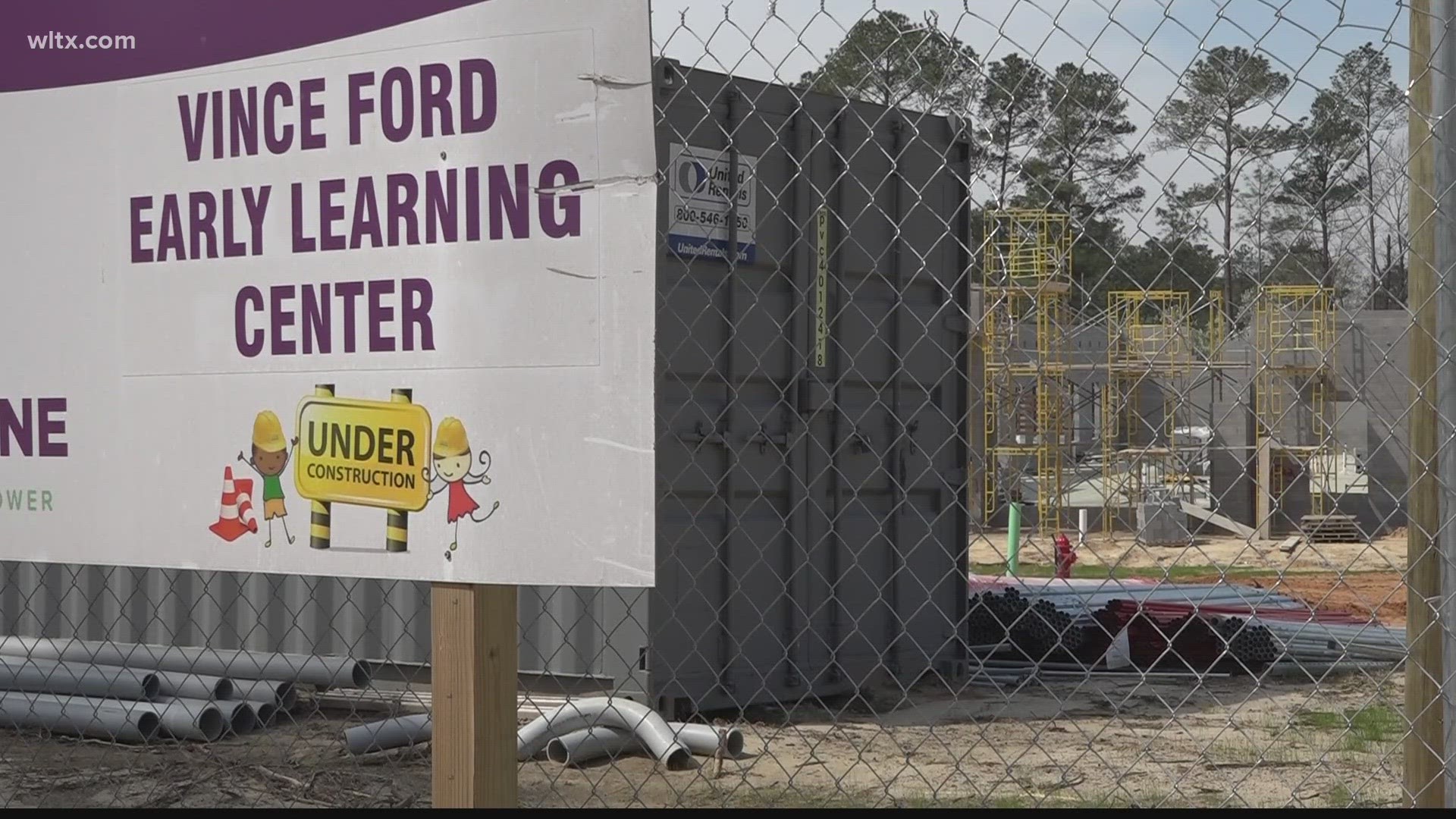COLUMBIA, S.C. — A judge has ruled that Richland School District One board members violated state law after meeting behind closed doors last month.
Following the halt of construction on the Vince Ford Early Learning Center, board members met behind closed doors on February 1st at their regularly scheduled meeting to approve recommendations regarding that project that were never specified.
But Richland County resident Clint Wallace said the board violated the Freedom of Information Act by not disclosing what they discussed to the public during their closed door meeting. Wallace filed a lawsuit, and this week, Judge Jocelyn Newmansided with him.
“Any member of the public that wanted to know what the board was doing about the Vince Ford Early Learning Center is completely in the dark on the basis of this meeting, and that's contrary to the law,'' said constitutional law lawyer Jay Bender.
For years, Bender has dealt with questions about when and what parts of public meetings must be open.
“The district had failed to follow the law with a statement of its specific purpose before going into executive session and that's designed to let the public know what's going to happen behind closed doors. Then the vote to take action did not mention the substance of the action being taken,” Bender said.
Which is why the lawsuit was originally filed against the school district.
“Had the chair stated before going into executive session 'we are going to receive legal advice relative to the learning center' that discussion could have been held in executive session,” Bender explained.
But that was not the case.
“Apparently there was a full blown discussion about what action to take, and when the board came back to open session they said they were going to do what they discussed in executive session–which is entirely illegal,” Bender stated.
The school district said in a statement that there was no evidence to support the allegation that they took secret action by voting on the matter in the executive session. Rather, they believe that the private meetings were covered by attorney-client privilege, which means they couldn't disclose any of the discussion.
“The attorney-client privilege is an evidentiary privilege that keeps attorneys from testifying against their clients. It is misused by this school board and many others to shelter information from the public, if the release of that information would embarrass public officials,” Bender added.
However the SC Freedom of Information Act declares that public bodies, such as a school board, must conduct the public's business in public.
“Its response should have been we are going to discuss this in public and we are going to tell you how we screwed up and we are going to tell you how we will fix it," Bender said.
Wallace, who sued, currently has a 15 day window to submit a proposed order for the court's consideration. Following those 15 day,s Richland One will have 10 days to respond in writing to that proposal by the plaintiff.
“The judge will read the proposed order if it, in this case, comports with her ruling. And if it does it will most likely be signed and entered in the record,” Bender concluded.

